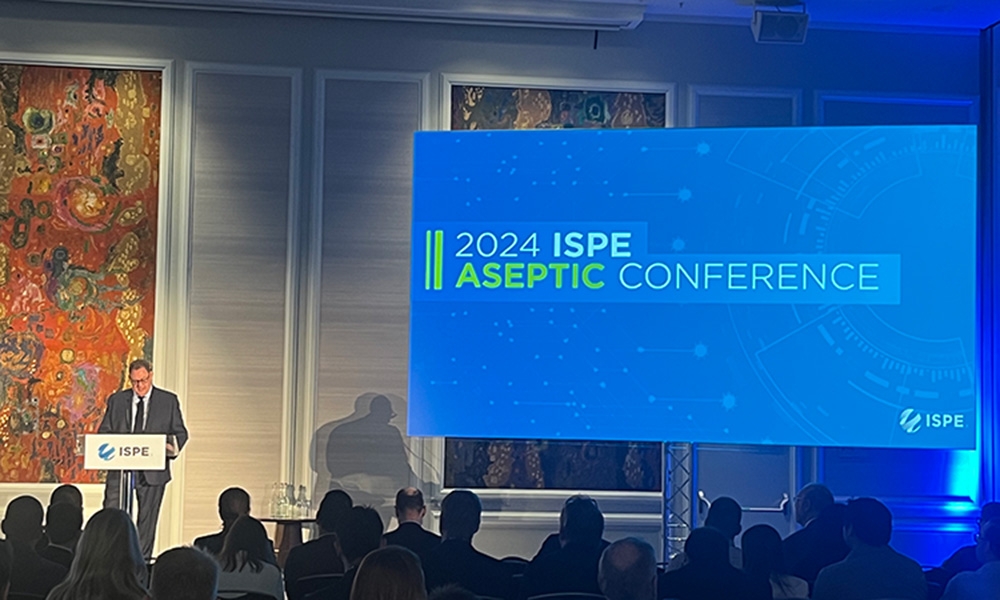
Data integrity continues to be a focus during regulatory agency inspections and, as such, it is safe to conclude that this is an area within the pharmaceutical industry where the regulators believe the industry has “room for improvement”. There is an expectation from investigators that companies implement measures, systems and processes to ensure success in relation to data integrity and that the firm understands Data Integrity risk whereby controls are implemented to reduce the risk to a justifiable level. This is the essence of Data Integrity Governance which is defined by MHRA and WHO as:
“The sum total of arrangements to ensure that data, irrespective of the format in which it is generated, is recorded, processed, retained and used to ensure a complete, consistent and accurate record throughout the data lifecycle”.
,
The MHRA expects firms to have a Data Integrity Governance system in place. The recently issued PIC/S Data Integrity guidance document states that:
“Data governance systems should be integral to the pharmaceutical quality system... It should address data ownership throughout the lifecycle, and consider the design, operation and monitoring of processes / systems to comply with the principles of data integrity, including control over intentional and unintentional changes to, and deletion of information”
It is pharmaceutical industry managements’ responsibility to ensure that Data Integrity Governance systems are in place at their respective firms and that this is documented within the firm’s overall Quality Management System. This includes utilizing the principles of ICH Q9 and minimizing the Data Integrity risks within the firm’s own systems/processes. The Data Governance program should also consider the Data Integrity risks associated with any third-party services and how this is covered within the vendor management program. This session will focus on the different components of the Data Integrity Governance system and the benefits of such a system in ensuring the reliability and accuracy of data. It will be demonstrated that Data Integrity Governance involves technical and organizational controls and the criticality of management leadership, influencing others, change of culture, effective training and personal responsibility and honesty.
2017 ISPE Data Integrity Workshop The half-day 2017 ISPE Data Integrity Workshop includes an overview, a discussion panel, and two sets of three concurrent sessions. Facilitated by data integrity experts, you will have the opportunity to deepen your understanding of effective practices and apply your acquired data integrity knowledge to real-life scenarios.





